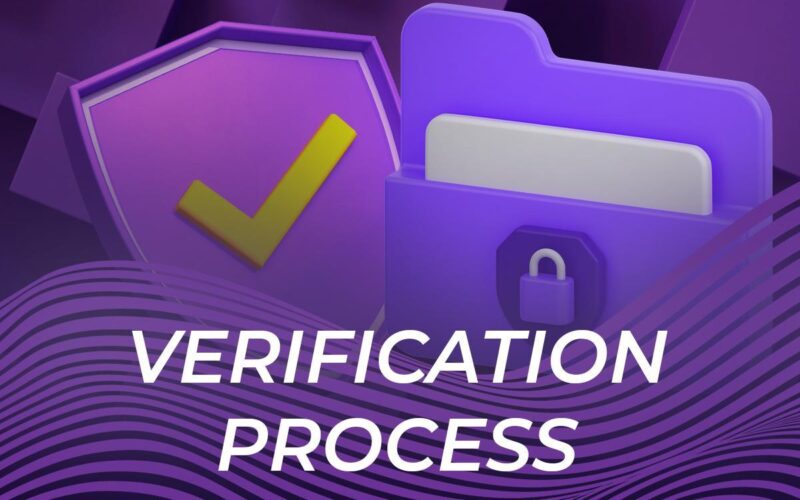
Given the state’s significant population and thriving tourism industry, it is crucial to address the negative effects of DUI on both public safety and the economy. Florida has implemented some of the most stringent regulations regarding driving while intoxicated. In 2022, Florida Highway Safety and Motor Vehicles (FLHSMV) recorded 5,746 crashes involving impaired driving due to substances such as drugs, alcohol, or a combination of both. Reasons why it is important to implement stricter DUI laws in the state.
Florida DUI laws have stricter penalties for DUI offenses compared to other states, with mandatory minimum penalties that are often more severe.
In this article, we’ll talk about the definition of DUI, the legal limit on the types of offenses and their consequences, and more. Learn about the DUI laws in Florida and how they might affect your life.
DUI Definition and Legal Limit
In Florida, a DUI, or driving under the influence, is considered to be operating a vehicle with a blood alcohol concentration (BAC) of 0.08% or higher. If a person is discovered driving with a BAC at or above this threshold, they may face charges for a DUI offense. Alcohol can have varying effects on individuals, meaning that even if you feel okay, your blood alcohol concentration (BAC) might still exceed the legal limit.
Florida law enforcement officials utilize a range of methods, such as breathalyzer tests and field sobriety tests, to determine if a driver is under the influence. As per DWI lawyer John Wesley Chancey, opting out of these tests can lead to various consequences, including license suspension, mandatory alcohol education programs, community service, and potential jail time. Always designate a sober driver or use alternative transportation if you plan on drinking. Stay safe and make responsible choices when it comes to drinking and driving in Florida.
Types of DUI Offenses
In Florida, DUI offenses are categorized based on the specific circumstances of the incident. These are the distinctions of a DUI offense in the state:
- Driving under the influence of alcohol. When the driver’s blood alcohol concentration (BAC) surpasses the legal limit of 0.08%. The state also has strict laws in place to address the problem of driving while intoxicated, including both illegal drugs and particular prescription drugs that can impair one’s ability to drive.
- Driving under the influence with property damage. It happens when a driver who is intoxicated causes harm to someone else’s property while driving.
- Driving under the influence with injury. A much graver offense that pertains to accidents resulting in injuries caused by a driver’s impairment.
Penalties for DUI Convictions
If you are found guilty of a first DUI offense in Florida, you could be subject to fines ranging from $500 to $1,000 and a potential jail term of up to six months. Additionally, your vehicle could potentially be impounded and your license may face suspension for a minimum of 180 days.
The consequences of a second DUI offense escalate considerably. There are potential consequences for violating the law, including fines, jail time, and a suspension of your license. You may also need to consider installing an ignition interlock device on your vehicle.
Subsequent DUI offenses carry even harsher penalties, including substantial fines, lengthy jail time, and the potential for permanent license revocation.
Implied Consent Law in Florida
In Florida, when you receive your driver’s license, you are obligated to undergo a breath, blood, or urine test if an officer suspects you of driving under the influence. Declining these tests can result in an immediate suspension of your license, regardless of your guilt in a DUI case. Suppose you decline a chemical test for the first time. If that is the situation, your license could be suspended for a year, and if you refuse again, the suspension period will be longer.
Even if you decline the test, there is still a possibility of being arrested for DUI based on other evidence. It is crucial to be aware of your responsibilities under the Implied Consent Law to prevent further consequences in addition to a DUI charge. It is important to work together with law enforcement authorities while staying within legal limits to effectively manage these situations.
DUI Defense Strategies
Strategic legal defenses can challenge DUI charges and protect your rights effectively. An experienced lawyer can employ different defense tactics when confronted with a DUI accusation in Florida. Here are some examples:
- Question the legitimacy of the traffic stop or the arrest itself. If law enforcement lacks probable cause to pull you over or fails to follow proper procedures during the arrest, it could potentially weaken the prosecution’s case.
- Question the reliability of the field sobriety tests or breathalyzer results. Various factors, including medical conditions, incorrect test administration, or faulty equipment, can all affect the reliability of these tests. By questioning the evidence presented, it may be possible to negotiate a lesser charge or even have the case dropped entirely.
- There are alternative resolutions available for a DUI conviction, such as plea bargains or diversion programs. Seek guidance from an experienced DUI defense attorney who can evaluate your choices and construct a robust defense that suits your unique situation.
Conclusion
Florida has stringent laws when it comes to driving under the influence (DUI), and the consequences can be quite harsh.
Additionally, there are legal restrictions and various categories of DUI offenses. If you are ever confronted with a DUI charge, understanding your rights and potential defense strategies can have a significant impact on the outcome of your case. Stay well-informed and make responsible decisions to ensure the safety of yourself and others while driving.








